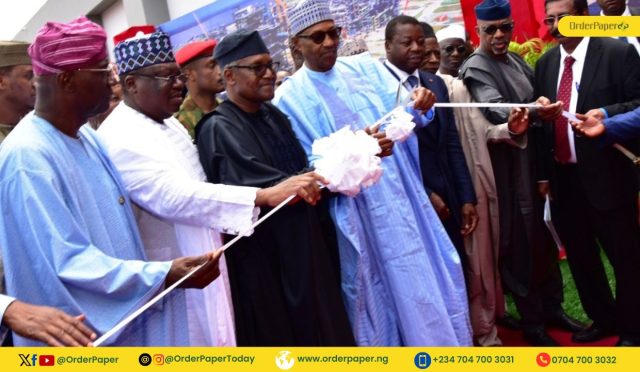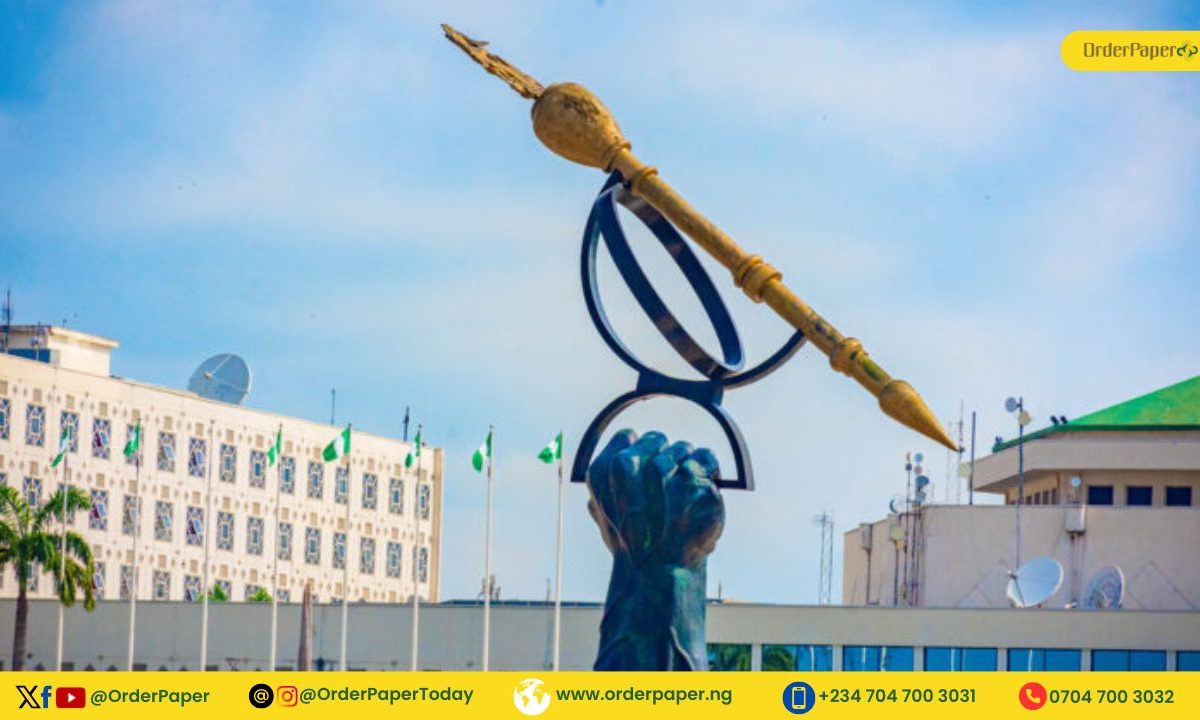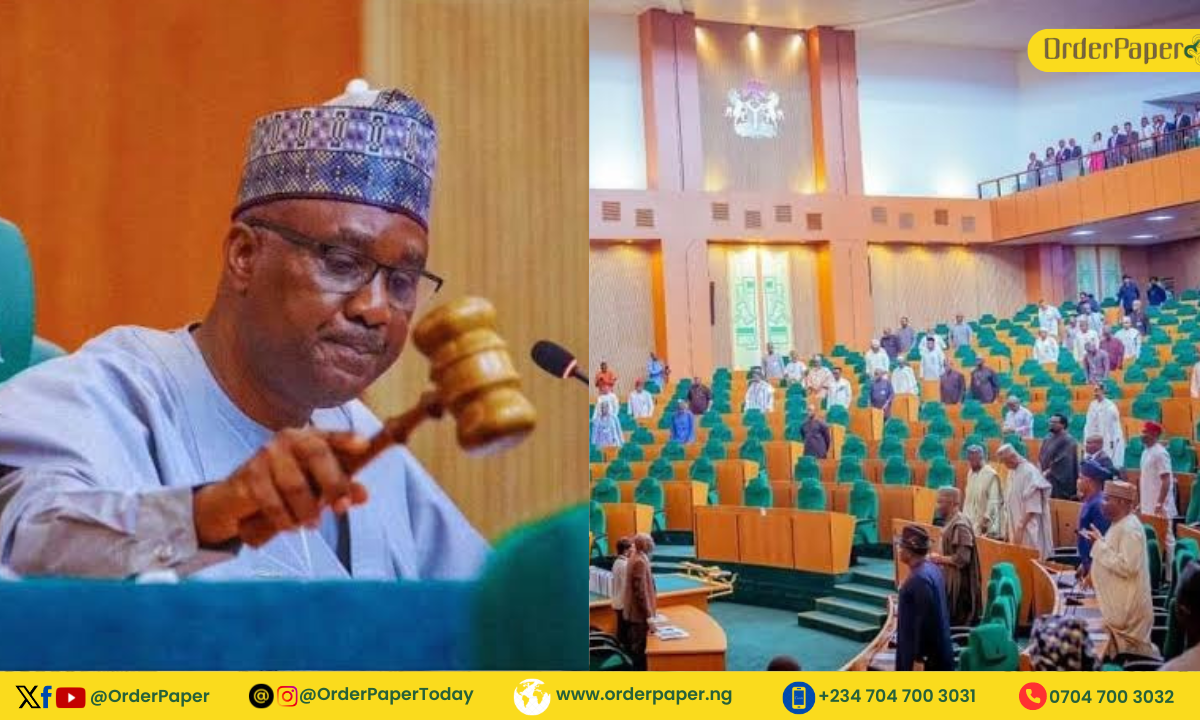Dangote Refinery, a subsidiary of the Dangote Group, has been on an iconic journey since its conception in 2013. Here is a run through of its progression, successes and challenges over the years.
![]()
Dangote Refinery, the largest single-train refinery in the world, owned by Dangote Group, was inaugurated on the 22nd of May 2023 in Lagos, Nigeria. At full operation, it is expected to have the capacity to process about 650,000 barrels of crude oil per day and worth over 19 billion US dollars.
The Dangote Group, the parent body of the refinery, is a Nigerian multinational industrial conglomerate, founded by Aliko Dangote. It is the largest conglomerate in West Africa and one of the largest on the African continent.
The conglomerate was established in the late 1970s and started operations with importing sugar, milk, flour, fish, rice, cement and iron rods. It has since grown to be a diversified conglomerate with business interests in cement, sugar, salt, port operations, packaging material production and real estate. The group now owns and operates over 18 subsidiaries, operating in ten African countries.
The Irony of Nigeria’s Petroleum Industry
Despite being Africa’s number one oil producer, Nigeria has always relied on imports of petroleum products due to a lack of domestic refining capacity. For decades, the country’s situation has been a sad contradiction – producing crude oil in millions of barrels yet highly dependent on imported refined fuel.
The nation’s oldest refinery located in Port Harcourt was built in 1965 and in the years following, other refineries were built in cities like Warri, and Kaduna. In 1989, a new plant was further added to the same site in Port Harcourt.
However, these facilities have been inactive rather than operational, making locally refined product a yet to be achieved dream. This has further escalated the petrol crisis that has been a part of the country since the ‘70s.
Dangote to the Rescue…
![]()
With the ever increasing challenges of importing refined oil into the nation, the inflation challenge and the never ending fuel queues, it became necessary to seek a lasting solution to the nation’s long time reliance on imported fuel.
With his long standing history as an astute businessman, it was a relief to welcome Dangote onboard the oil business with his state-of-the-art refinery. The facility occupying 2, 635 hectares of land built from scratch on reclaimed swampland, aims to end Nigeria’s reliance on fuel imports.
In a bid to support the refinery, the Nigerian National Petroleum Company (NNPC) made a commitment of 6 million-barrel of crude oil to the refinery project.
Key Timelines of Progression
In 2013, Aliko Dangote, announced plans for the mega-refinery in Lekki, Lagos. The project, with an estimated cost of $19 billion, was envisioned to be the single largest private-sector industrial development in Africa.
In 2017, actual construction began despite the initial announcement 4 years earlier. This delay was believed to be a reflection of the failure of the government to put in place an effective support mechanism to take the impressive plans from the incubation stage to reality.
In 2019, the progress of construction was hampered due to several challenges, such as financial delays and logistical hurdles. Despite these, some progress was still recorded with the installation of major equipment and the completion of critical infrastructure.
In 2020, there was a disruption once again due to the coronavirus pandemic. The outbreak of the pandemic caused delays and supply chain disruptions making the work to continue at a slower pace.

On May 22, 2023, the Dangote Refinery was officially commissioned by President Muhammadu Buhari. It was an historic moment for Nigeria as it reinforced hope that the refinery will usher in a new era of fuel self-sufficiency for the country.
On December 8, 2023, the refinery received its first shipment of crude oil, marking a major milestone for the project. A cargo from Shell International Trading and Shipping Company Limited (STASCO) containing one million barrels sailed from Agbami to Dangote Refinery’s Single Point Mooring (SPM) where it was discharged into the refinery’s crude oil tanks.
The 1-million-barrel shipment is the first of a 6-million-barrel commitment from the Nigerian National Petroleum Company (NNPC).
On December 20, 2023, the refinery received its second crude cargo, another one million barrels of oil from Shell International Trading and Shipping, as it steps up preparations to begin operations.
On December 28 2023, the refinery received its third one-million-barrel crude oil cargo from STASCO, bringing the total to three million barrels at the facility’s Single-Point Mooring.
By January 1 2024, the refinery received its fourth crude supply of one million barrels from NNPC.
By January 6 2024, Dangote Petroleum Refinery, received the fifth crude oil shipment of one million barrels supplied by the Nigerian National Petroleum Company Limited.
By January 12 2024, the Dangote Refinery started production.
Allegations and counter allegations…
After years of delays, Africa’s biggest oil refinery has started processing crude oil but it seems the search for domestically refined oil is far from being over as there have been accusations of Dangote monopolising the oil industry through his refinery.
Recently, there have been sharp disagreement between the refinery and Nigeria’s regulatory bodies and allegations have been flying back and forth between the parties.
In June, Dangote said some International Oil Companies (IOCs) were frustrating the refinery’s request to purchase crude feedstock for the refinery.
Responding, Gbenga Komolafe, Chief Executive Officer of the Nigerian Upstream Petroleum Regulatory Commission (NUPRC) described the claim as “erroneous”, noting that the Petroleum Industry Act (PIA) has provisions that guide willing buyer-willing seller transactions.
Also pointing fingers at the refinery, Farouk Ahmed, Chief Executive Officer of the Nigerian Midstream and Downstream Petroleum Regulatory Authority (NMDPRA), disclosed that local refineries, including the Dangote refinery, were producing inferior products compared to imported ones. A claim that Dangote refuted, stressing that the refinery produces the finest of products.
Earlier, Dangote has revealed that NNPC now has a 7.2% stake in the refinery as opposed to the initial 20% announced by the NNPC a few years back. This reduction in stake is reportedly as a result of the state oil company failure to fulfil their obligations.
In light of these allegations, the National Assembly has set up a committee to address the issue appropriately and ensure it is resolved in the best interests of the country.



